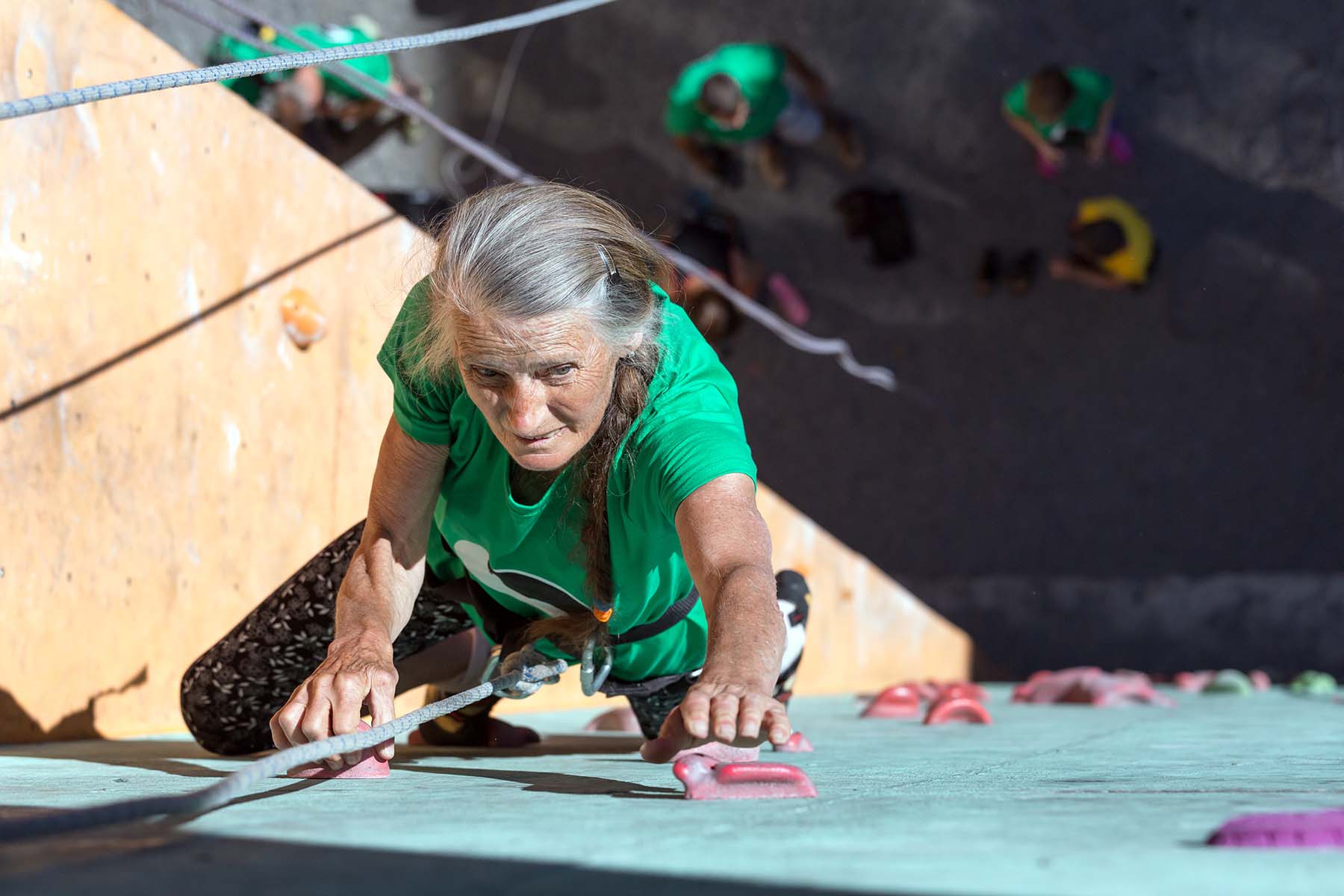The Secret of “Super Agers”

Of all the mysteries humanity has solved through the years, one that remains elusive is the secret to long life.
Though we know more now than we did years ago about factors contributing to longevity, the reasons that some people live well past 100 while others succumb early to disease are still not well understood.
The physical factors we often think of, including eating well, exercising, and maintaining a healthy weight for your height, are all important.
However, says Karen Koffler, M.D., the medical director of the Osher Center for Integrative Health at the University of Miami Health System, mental health factors have been gaining attention for their relevance, and they may play an equally critical role in living a long life.
What are the Blue Zones?
Dr. Koffler says some of the most substantial research into longevity recently has been conducted by Dan Buettner and his team for National Geographic. Buettner worked with several experts, including those from the National Institute on Aging, to identify the regions of the world where people lead the longest, healthiest lives.
His efforts led to the identification of the Blue Zones:
- Loma Linda, California
- Nicoya Peninsula, Costa Rica
- Sardinia, Italy
- Ikaria, Greece
- Okinawa, Japan
In the course of their research, Buettner and his team identified nine key behaviors that were commonalities among people who live in the Blue Zones. As it turns out, the keys to long life were more nuanced than “eat healthy” and “exercise.”
What’s interesting about the Blue Zones is that one of the biggest keys is to wake up with a purpose each day.
Dr. Koffler
“In Japanese culture, they seem to do a better job of weaving their elders into society. They value them for their wisdom, as opposed to America, where we tend to separate our elders once they reach a certain age.”
Of course, diet and activity are still keys for longevity in the Blue Zones, but maybe not in ways that you might think. For example, some of the most important dietary habits include eating plentiful fruits, vegetables, nuts, and grains, while consuming meat sparingly.
Another critical habit in the Blue Zones is the “80% rule,” where you stop eating when you are 80% full. This is often coupled with eating the most significant meal at breakfast, followed by gradually less food at the lunch and dinner meals as the day progresses.
Regarding exercise, simply moving seems more important than having a regimented daily exercise routine.
Dr. Koffler says this is a significant issue among Americans.
“I do think that our culture has outsourced physical labor in a lot of areas, so we don’t do as much squatting, climbing, bending, and standing as we should stay strong and flexible as we age,” she says.
“I think we should all look for areas in our lives where we can maintain or even increase our strength. For example, gardening, taking the stairs, or simply bending down for things are all ways to stay limber and flexible.”
Of course, we’ve all heard the stories of lifelong drinkers and smokers who live well past 100.
But Dr. Koffler calls these situations more the exception than the rule.
While genetics can certainly play a role in how long you live, you greatly increase your odds by adhering to healthy habits regarding diet, activity, relationships, families, and overall happiness.
“What’s interesting is as we are learning more about genetics, we are now discovering that your environment can impact your genes as you age,” says Dr. Koffler. “You can affect your genetic expression based on your habits and lifestyle. That means that just because you have a genetic predisposition for something doesn’t mean you will meet that fate as you get older.”
When it comes to “super-aging,” the reality is that the fountain of youth still remains hidden from us. But we do have fresh knowledge about the healthy physical, emotional and mental habits that can increase your odds of living to 100 and beyond.
Wyatt Myers is a contributing writer for UHealth’s news service.
Tags: cognitive function, decades younger, living longer, mind and body, quality of life
